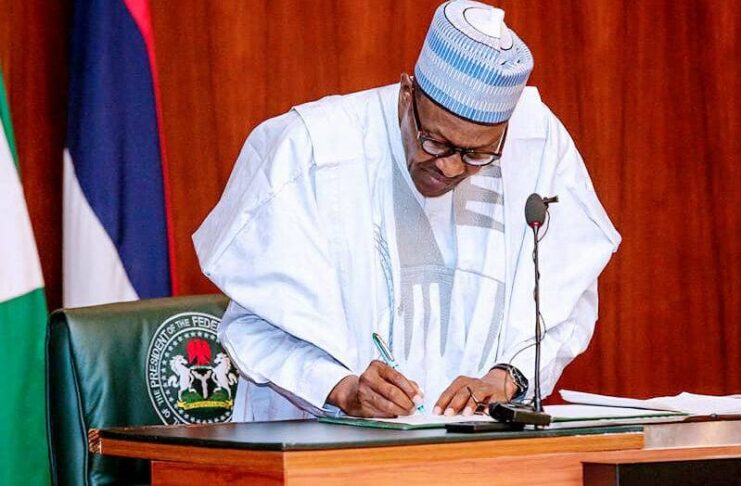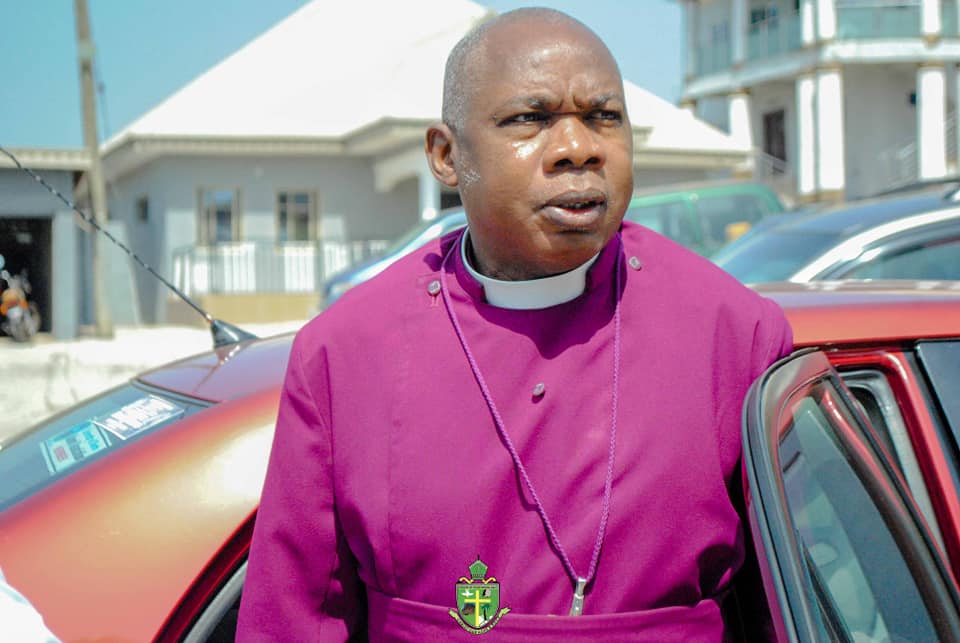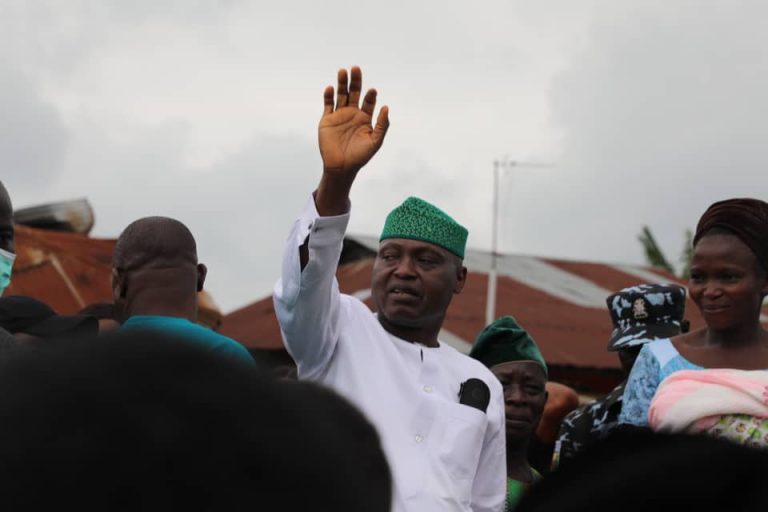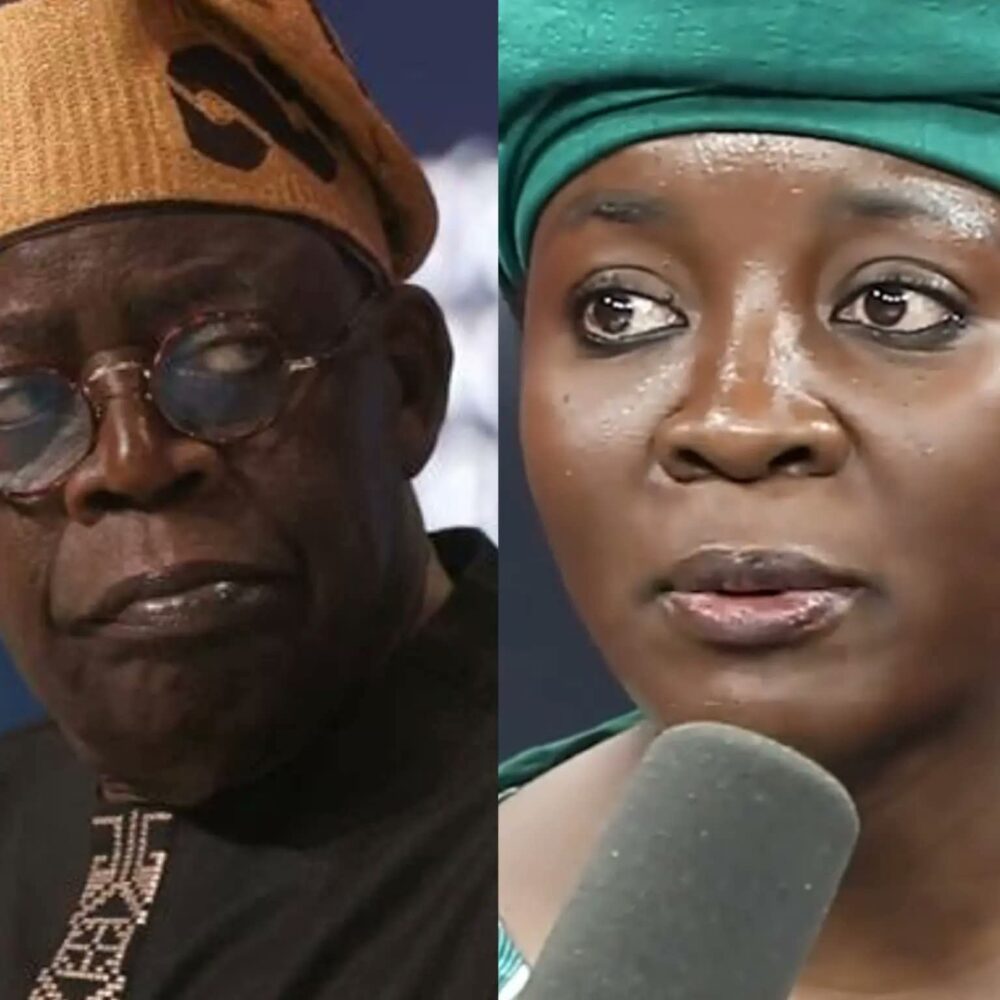Restoration of Nigeria to federalism as agreed between Nigeria’s founding fathers (Zik, Awo, Ahmadu Bello, et al) and colonial Britain is what the deafening clamour for restructuring is all about. The 1999 Constitution is the worst in the nation’s annals for imposing a unitary system in a federal environment, with 68 items on the Federal List compared to a little over 30 flimsy and sundry items contained in the Concurrent List.
When the powers that confer economic autonomy to a federating unit are considered, virtually all of them are concentrated and consolidated on the Exclusive List – Power/Electricity, State police, ports, railway, solid minerals, Local government, state assembly, judiciary autonomy, and many more.
Under Dr Goodluck Jonathan, as President, most of these issues were addressed in the last amendment, which he was to sign into law just before handing over, as is the case with Buhari at the moment. Jonathan refused to sign the amendments even though NASS had passed them and the concurrence by 24 state assemblies had been passed also. These were necessary devolution items as a constitutional alteration, which must be moved from ExclusiveList to Concurrent if Nigeria will be a federation again indeed. A reliable source said that Jonathan signed but used tippex to erase his signature for reasons best known to him.
During the Obasanjo years, no constitutional alteration bill succeeded. The one that would have seen the light of day, some lawmakers smuggled the 3rd term clause into it for the benefit of the Obasanjo. That single clandestine move killed the move to alter the 1999 Constitution to devolve powers to make states truly federating units.
One had expected that the nation would have attained 100% restoration to true federalism between Obasanjo and Jonathan since the current constitutional arrangement disfavored the south more. But the two southern Nigeria presidents frittered away their combined 14 years in power as presidents and couldn’t even a single from Exclusive List to Concurrent List. And it took a Buhari, who the odds never favoured to sign the first significant devolution of powers into law thus succeeding where others before he failed and wrote his name in gold.
What just happened reminds one of a certain parable in the Bible. The parable of the two sons (Matt. 21:28-32) is about two brothers whose father tells to go work in his vineyard. One tells his father that he will but doesn’t do it. The other tells his father that he won’t go but ends up working all day among the vines. Jesus then asks the question, “Which of the two did the will of his father?” The answer is clear: the one who worked, though initially refusing to do so.
This reminds us that actions speak louder than words. Many Nigerian leaders make statements declaring they would restructure but never did when given the opportunity.
Jonathan and Obasanjo did not devolve powers as South Nigeria had clamored under them. It is Buhari who has devolved powers by signing into law the 16 alterations of the 1999 constitution.
Though it is still a far cry as certain powers such as fiscal federalism, state police, ports, solid minerals, and some others are not part of what Buhari signed into law, the four items that passed are quite a milestone and will start the process for regional integration and creation of true economic hobs for regional developments. There can’t be a greater parting gift for a president whose administration brought so much hardship, escalated insecurity, and debilitating poverty.
Let us take a look at the alterations that have given the states some key powers as federating units. Buhari has signed 16 Constitution Amendment Bills; States can now generate, distribute electricity, own railway, and State assemblies/Judiciary now have financial autonomy; President and governors must appoint ministers and commissioners within 60 days. With the Fifth Alteration Bill No. 33, Devolution of Powers (National Grid System), Nigeria’s 36 states can now join the electricity generation business.
President Muhammadu Buhari has signed into law the constitutional amendment allowing states in the country to generate, transmit, and distribute electricity in areas covered by the national grid. The is perhaps the most important. This is one of the 19 bills the President assented to yesterday, 16 of which altered some provisions of the 1999 Constitution – Fifth Alteration Bills 2023.
Another of the Constitution alteration bills assented to (Constitution Fifth Alteration Bill No. 45, Timeframe for the Submission of the Names of Ministerial or Commissioner Nominees) mandates the president-elect to transmit names of his minister-nominees to the National Assembly within two months of his inauguration. The law, which takes immediate effect, is also applicable to all the governors-elect as they are expected to seek the approval of the state assembly for their commissioner-nominees within 60 days from the date of their swearing-in.
In a statement issued yesterday by the Senior Special Assistant to The President on National Assembly Matters (Senate), Senator Babajide Omoworare explained that the President had also signed into law financial independence for State Houses of Assembly and States’ Judiciary – Fifth Alteration Bill 2023 No 9. He said the provisions were part of the 16 bills in the Constitutional Alterations of the 1999 Constitution of the Federal Republic of Nigeria (as amended), transmitted to the President by the National Assembly early this year.
Another Constitutional alteration approves the renaming of the Nigeria Prison Service to the Nigeria Correctional Service -Fifth Alteration Bill No. 31, Devolution of Powers for Correctional Services. Another one granted rights to the state governments to establish their railway service – Fifth Alteration Bill No. 32, the evolution of Powers, Railways. With this, the railway moves from the Exclusive Legislative List to the concurrent list.
Part of Omoworare’s statement reads: “The highlights of the assented Constitutional Alteration Bills, amongst others, are: Ensuring financial independence of State Houses of Assembly and State Judiciary; Regulating of the first session and inauguration of members-elect of the National and State Houses of Assembly and for related matters.
Changing prisons to correctional service and re-designate correctional service in the concurrent list, and moving item “railway” from the exclusive legislative list to the concurrent list.” The National Assembly had in January transmitted 35 Constitution amendment bills to the President for assent that had met the requirement for assent as provided for in Section 9 (2) of the 1999 Constitution.





